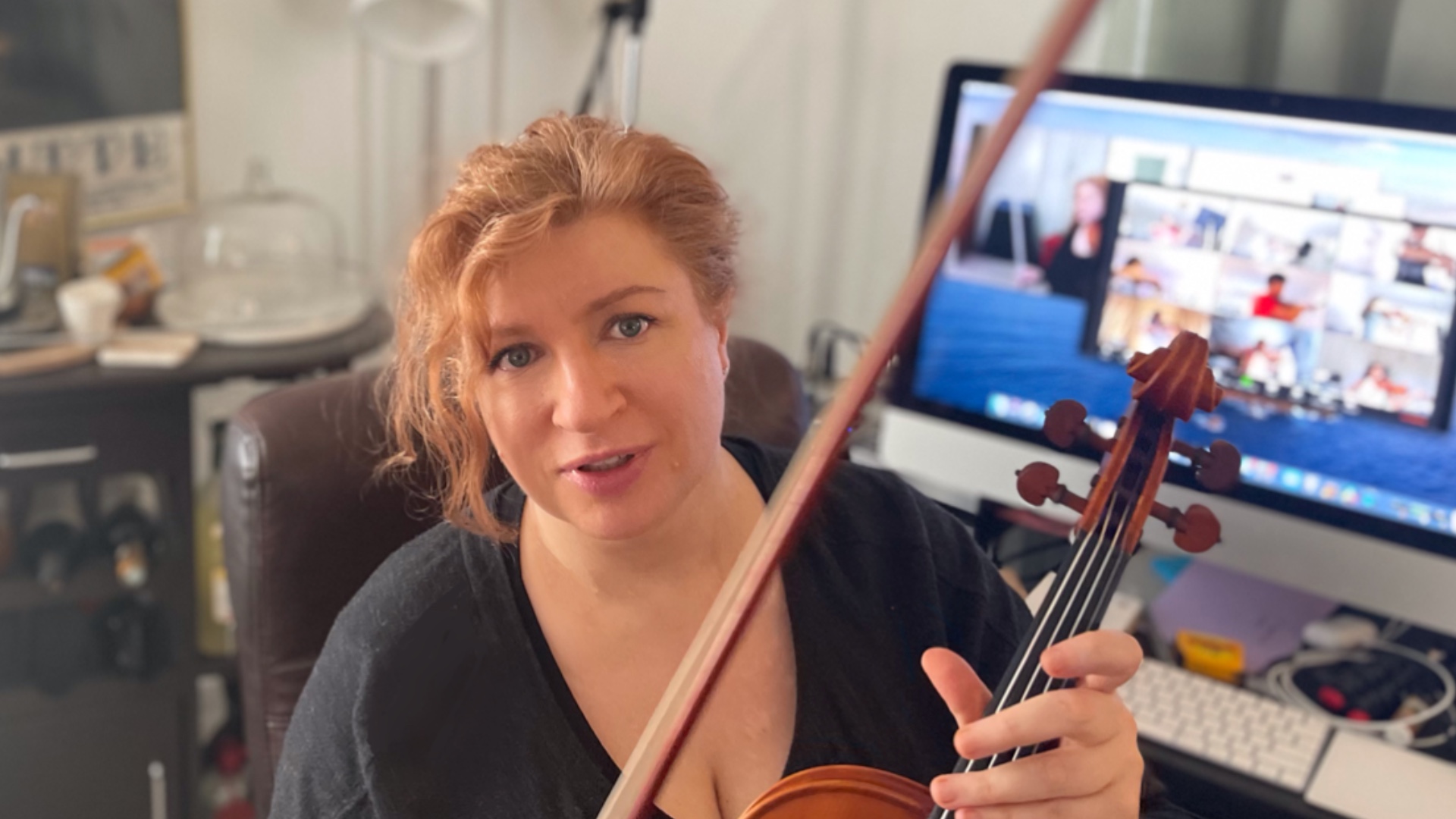
Whether you have a limited amount of practice time, haven’t played for a while, or are just starting out, it is essential to ease into practice session slowly, and keep practice sessions brief. It helps avoid injury, focus your attention, and in the long run increase your productivity.
First, how brief?
I’d suggest starting with 10-15 minute sessions of actual playing. You can take time for planning and visualization outside of these 10-15 minutes too, but physical act of playing is best kept brief. When you feel comfortable after a few days or a week you can either add more 10-15 minute practice sets to your day, or start extending your practice sessions by 5-10 minutes every few days.
And how slow?
The speed you select to play at while you practice any of your chosen materials needs to be guided by what you can control and think of while you’re playing. Can you articulate in your mind what you need to do when you play the next note, change your next bow, move from one string to the next, observe and guide your movements? If the answer is no, then you’re going too fast. A large part of practice needs to be devoted to deliberately working on gaining or solidifying skills, perpetuating beautiful tone, polishing intonation. Awareness of the present and ability to guide your next steps are what will make your practice more effective. Simply repeating things for repetition’s sake, or mindlessly plowing through a checklist of items won’t improve playing and may actually hinder your progress!
So think of it this way: while you practice slowly your mind is doing the opposite, working overtime on helping you learn. What do you accomplish? Steady improvement and greater command of the instrument over time!
2. Pair up with a Recurring Event
Pairing your practice session with an existing recurring event is an effective way to integrate consistent practice into your life. Whether it’s playing soon after you wake up, or before going to bed, before or after a meal or prior to or following a class or a meeting that happen at regular intervals, having practice session tied to something that already happens daily and for which you don’t need to build up a new routine will be more effective then trying to carve out a specific time out of your day, especially a specific hour, which will now be devoted solely to practicing.
Three important factors to consider when you choose what event to tie your practice session to are your likely level of energy at that point in the day, if the space where you’d like to practice will be available to you, and whether you’ll be able to have time to yourself in order to practice before or after your chosen event. Best way to make these choices is to try a few different options over the course of a couple of weeks and see what works best for you. Also try to limit distractions (possibly turn off phone notifications, etc.)
3. Process oriented rather then Goal oriented
What can you get done in 10-15 minutes? This concern is often the main reason people hesitate to do smaller practice sessions. The reality of a small practice session is that it is devoted to general improvement of your playing over time and to gaining the ability to consciously guide your actions while playing.
During my years as a student, a professional performer and teacher I was fortunate to work with many great players, and every one of them, no matter their age or how far along they were in their careers, always spoke of finding new things to work on, old pieces they’ve performed hundreds of times which time after time they saw differently and interpreted in new ways. One of the most amazing things in learning to play an instrument is that there is always something more to do, always another step to take, something to improve, something to reassess. If we utilize these brief practice sessions to the greatest degree, what we are doing is fully committing to the process of working on gradual improvement rather then to the outcome of getting such and such a measure to such and such a metronome marking. These small practice sessions should be devoted purely to enhancement of skills, or general improvement of specific small sections of repertoire. Heightened awareness of your actions, focus on sensations in your fingers and hands, awareness of tone: these are key to making these practice sessions effective.
And the best part is when you will have longer practice sessions, they will be more productive and focused thanks to having had the experience of these concentrated short practice sets.
Hope you will find these tips helpful!
Send me a note on how things go when you try these strategies out!
❤️ Victoria
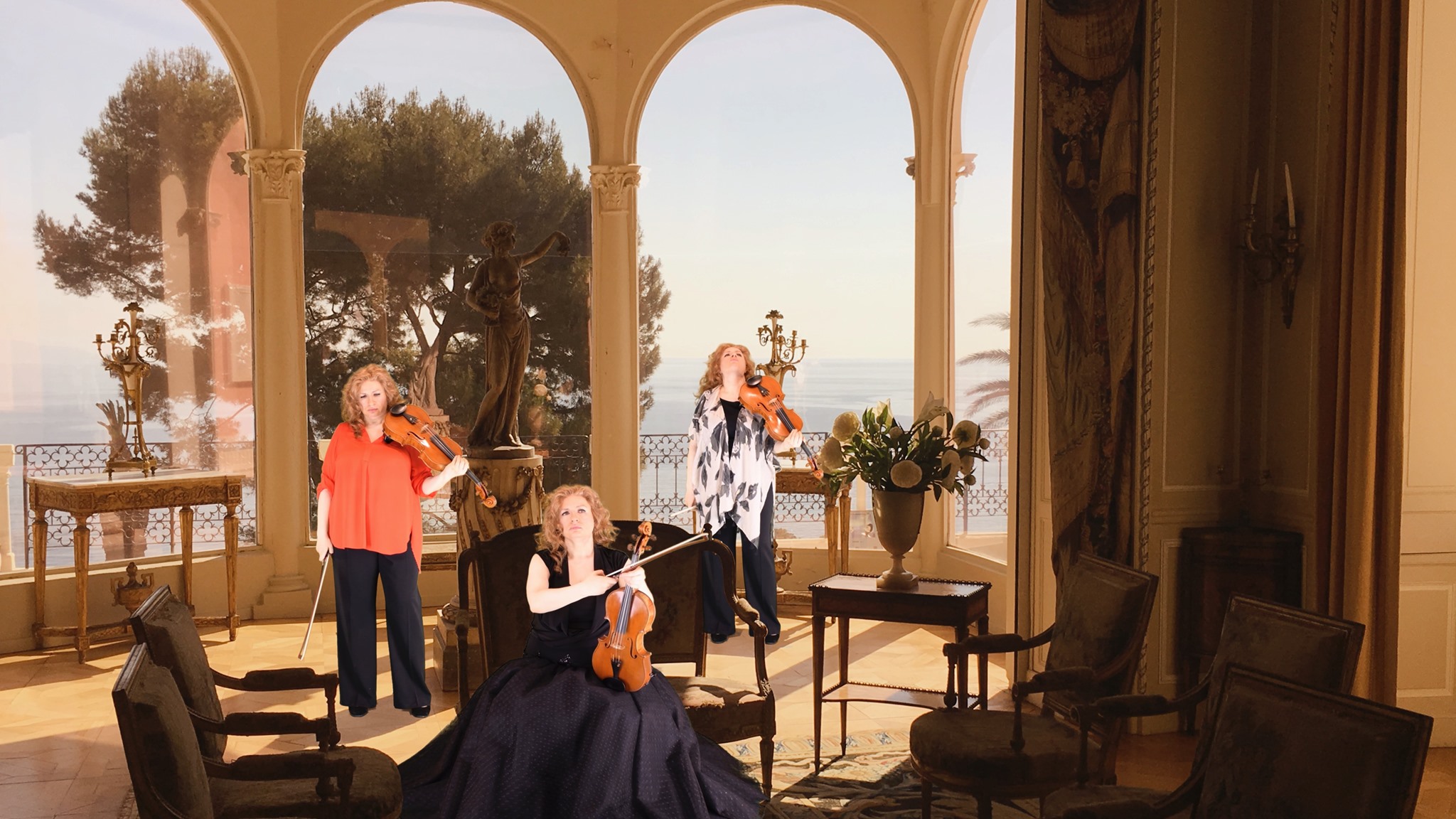
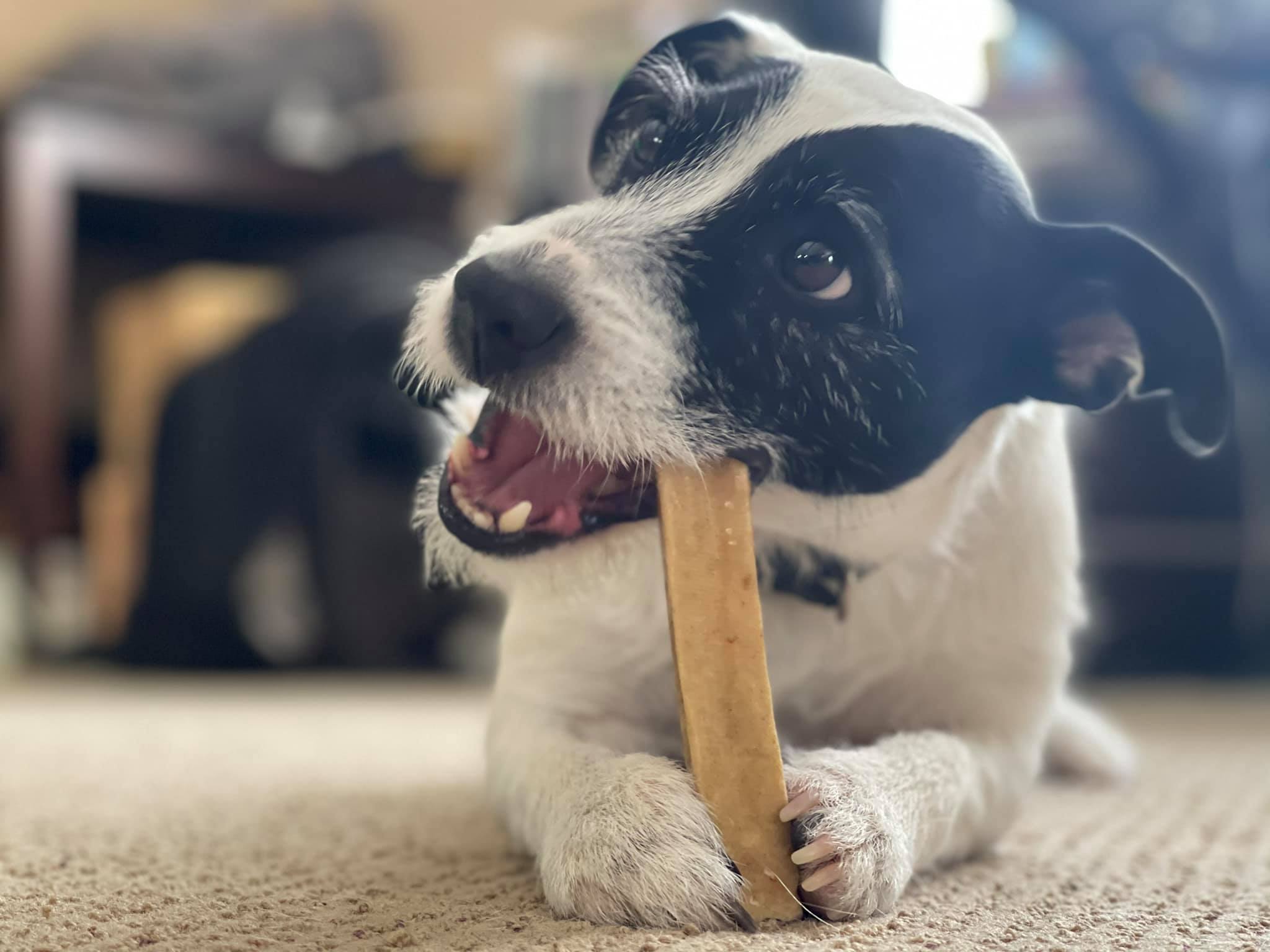
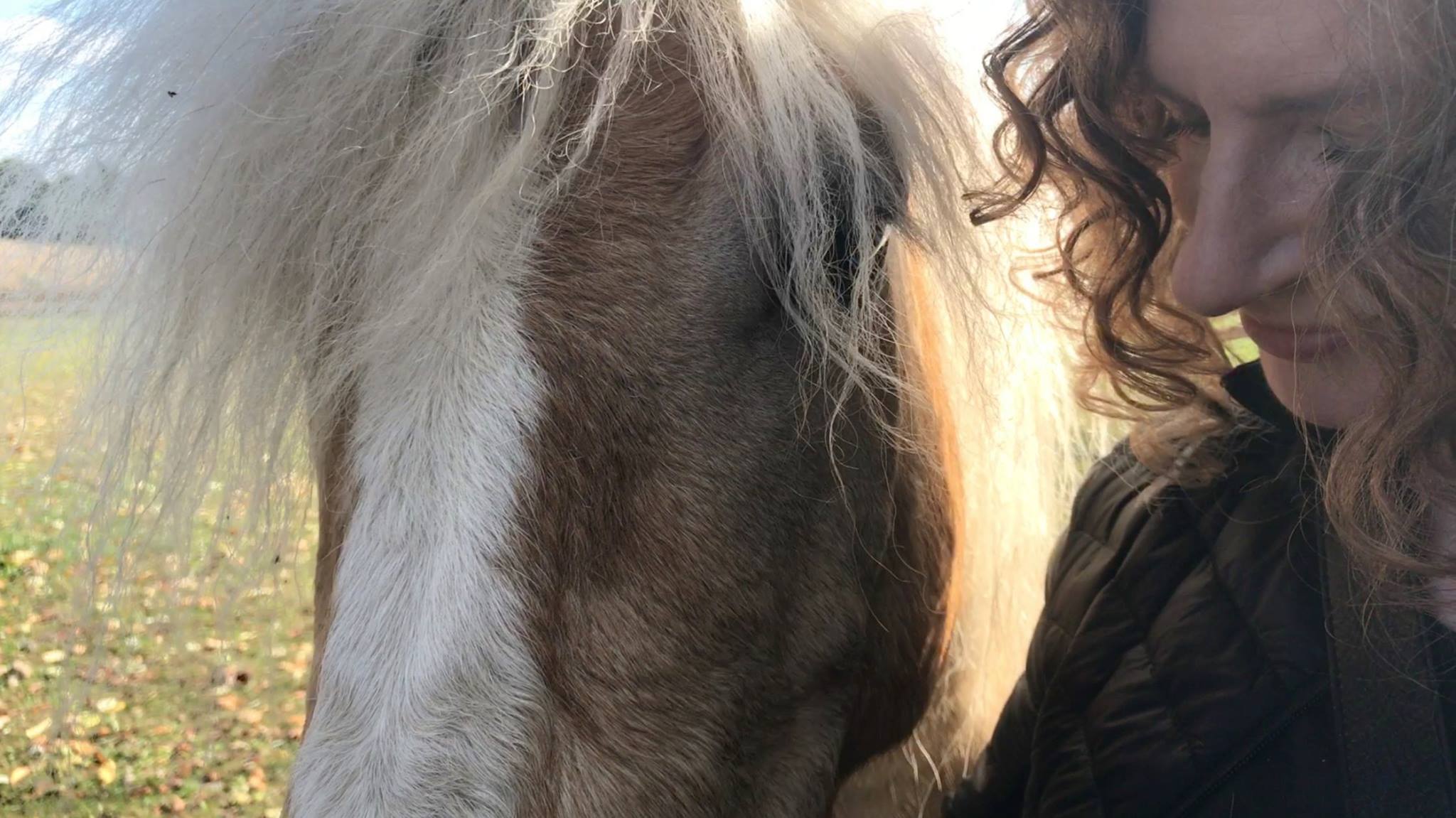

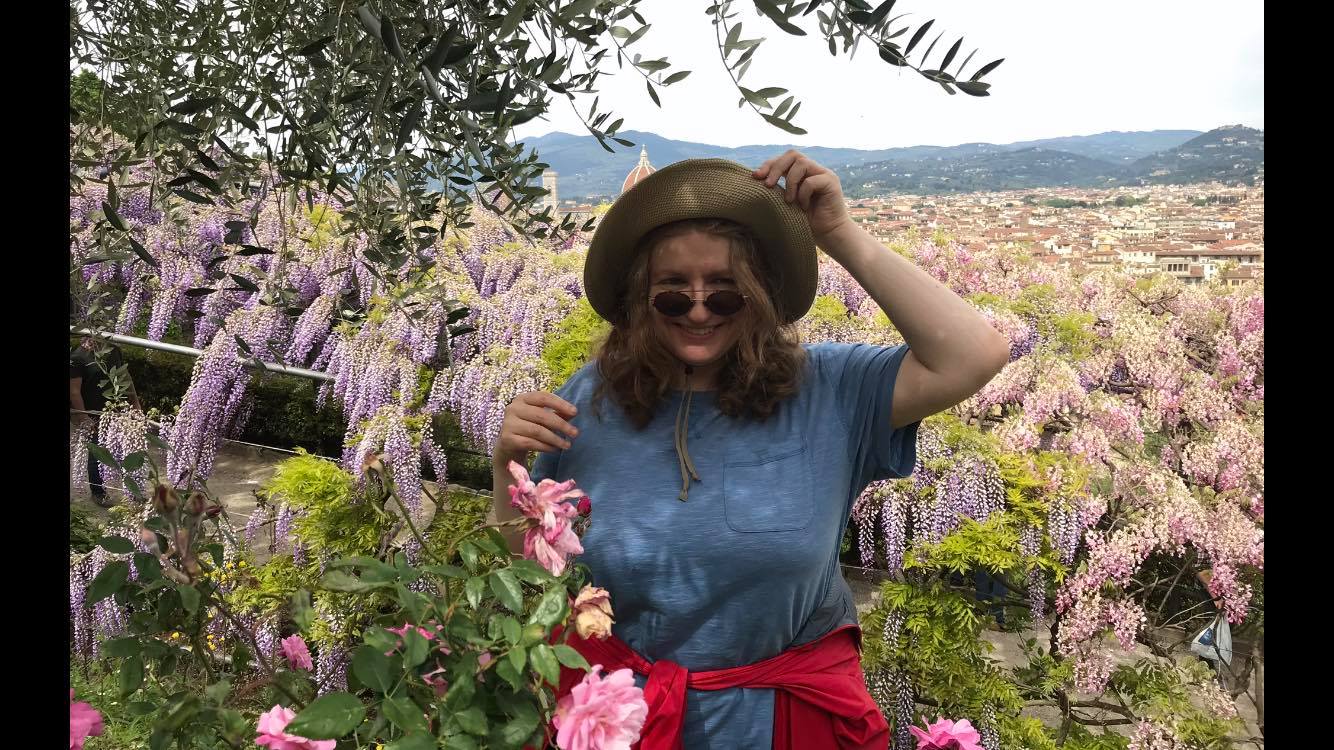
Enter your e-mail below and get notified on the latest blog posts.